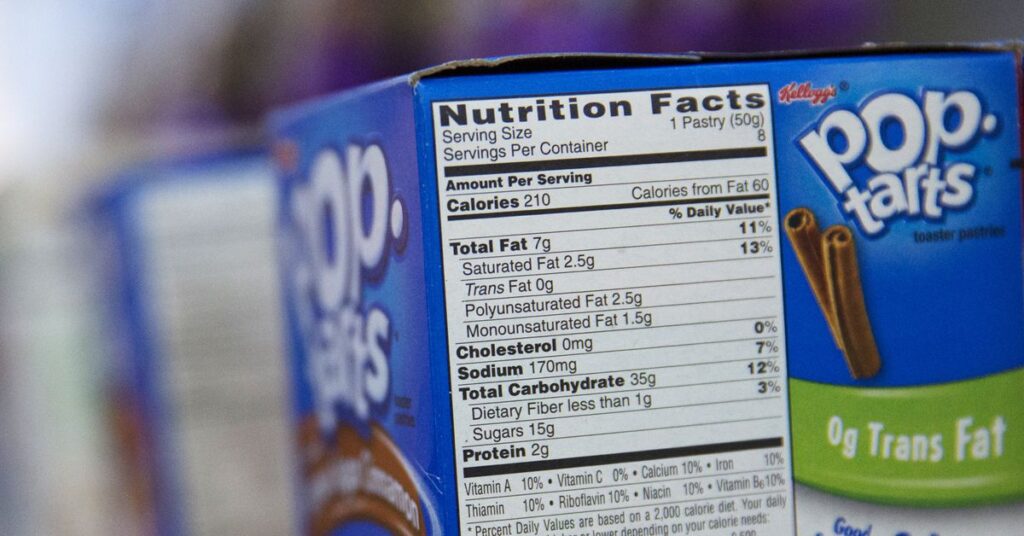NEW YORK, May 4 (Reuters) – Kellogg Co (K.N) has a stable reserve of a key ingredient used in its Pop Tarts breakfast pastries that it sources from war-torn Sudan, CEO Steve Cahillane told Reuters in an interview on Thursday.
Cahillane said the U.S. food manufacturer did not see any risk to its “safety stock” of binding ingredient gum arabic as fighting rages in the African country between rival military commanders.
Reuters reported last week that the battles between Sudan’s army and a paramilitary force halted trade of gum arabic but that many candy, food and soft drink makers such as PepsiCo Inc (PEP.O) stockpile months of supply because of political instability in the region.
“We work with suppliers that source from Sudan and other locations in the ‘gum belt’ of Africa,” Cahillane said, adding that the cereal-maker looks for “redundancy of supply,” or back-ups, for the ingredient.
“We have inventory builds and different locations and different routes to extract ingredients when ports might be closed and routes might be unsafe.”
Kellogg’s frosted confetti cupcake Pop Tarts use gum arabic, as does its Morningstar Farms spicy black bean veggie burgers. Bear Naked chewy peanut butter and honey granola bites, also made by Kellogg, list acacia gum, another name for gum arabic, in their ingredients lists.
A spokesperson said in an email that Kellogg was a relatively small user of gum arabic, without providing further details.
Africa’s gum belt stretches from Somalia to Nigeria, although the quality of the ingredient differs by region. The preferred ingredient is only found in acacia trees in Sudan, South Sudan and Chad.
Reporting by Jessica DiNapoli in New York City; Editing by Daniel Wallis
: .


